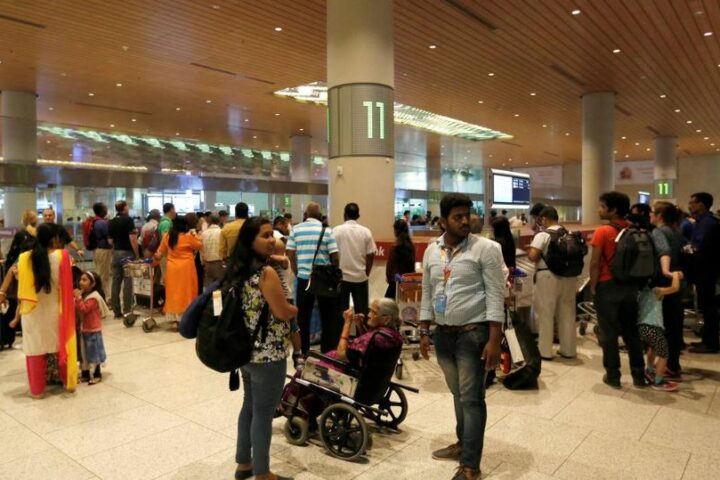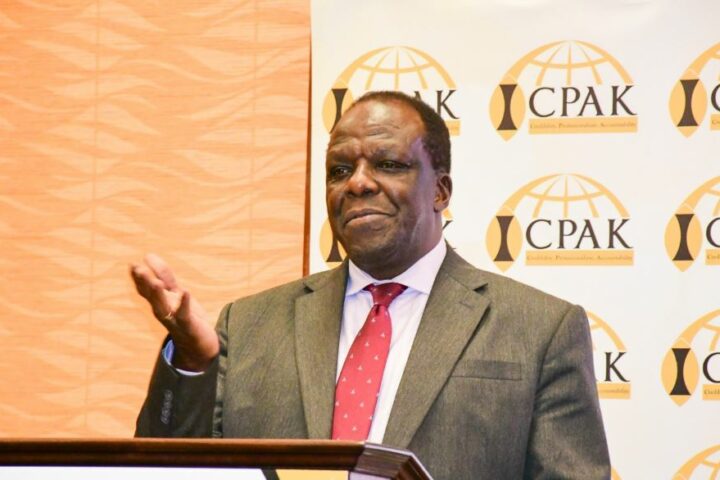 There’s been a significant leap in healthcare access for Kenyan teachers and civil servants with the introduction of expanded medical benefits under the Social Health Authority (SHA). The new system, initiated through the Social Health Insurance Fund (SHIF), aims to enhance and provide uninterrupted care following the phase-out of the National Health Insurance Fund (NHIF).
There’s been a significant leap in healthcare access for Kenyan teachers and civil servants with the introduction of expanded medical benefits under the Social Health Authority (SHA). The new system, initiated through the Social Health Insurance Fund (SHIF), aims to enhance and provide uninterrupted care following the phase-out of the National Health Insurance Fund (NHIF).
Robert Ingasira, CEO of SHA, emphasized the seamless transition under the 2024 framework, ensuring no disruptions in service for civil servants and their families. He highlighted the importance of healthcare providers fully understanding these regulations to uphold service quality and accessibility.
What Does the New Medical Scheme Cover?
The updated benefits cater to both civil servants and their dependents, offering wide-ranging services such as:
- Outpatient care
- Inpatient treatment
- Optical and dental services
- Annual checkups
Notably, the scheme allows each member to cover up to six dependents, reflecting SHA’s broader mission to modernize Kenya’s healthcare system. October 1, 2024, marked the transition from NHIF to SHIF—a bold step toward improving healthcare services.
The NHIF’s contributions remain a vital part of Kenya’s healthcare history, with key initiatives such as:
- Linda Mama Program: Launched in 2013, it provided free maternity care to support mothers and newborns while reducing family healthcare costs.
- Maternal and Child Support Services: Programs including family planning, immunizations, and pediatric care supported maternal and child health.
- UHC Supa Cover: A comprehensive plan offering inpatient care, mental health services, diagnostics, and even ambulance services.
NHIF also extended its support to cover overseas medical treatments for complex cases—an invaluable option for patients requiring advanced care unavailable locally.
Launching SHIF has presented some challenges. The program anticipates an annual revenue of Ksh148 billion, while relying on a means-tested contribution system to support enrollees from the informal sector. Efforts to modernize the system include the development of a Ksh104 billion Integrated Healthcare Information Technology System (IHTS), led by a Safaricom consortium, aimed at redefining healthcare delivery nationwide over the next decade.
However, early implementation hasn’t been without hiccups. Delays and inefficiencies have affected some beneficiaries, underscoring the need for improved stakeholder coordination and system efficiency to fully realize SHIF’s potential in surpassing its predecessor, NHIF.
While NHIF introduced programs for vulnerable groups like the elderly, people with disabilities, and orphaned children, SHIF seeks to build on this foundation. Its revamped benefits represent a commitment to delivering equitable and dependable healthcare for public servants and their families.
Time will reveal whether SHA and SHIF can successfully meet their promises, delivering enhanced services while overcoming challenges associated with change. For now, this transition symbolizes progress—a step toward a more inclusive and robust healthcare system for Kenya’s civil servants and their loved ones.








